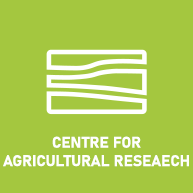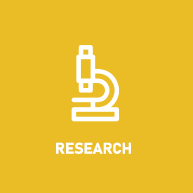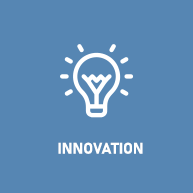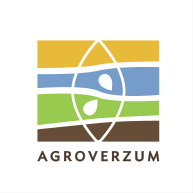ATK

CENTRE FOR AGRICULTURAL RESEARCH
The Centre for Agricultural Research (ATK) was established in 2012 through the merger of storied research institutes. Its research portfolio covers a wide range of fields in agricultural science, environmental management and environmental protection. In its comprehensive scientific program, ATK seeks to create an organic unity between exploratory, targeted, methodological and applied research, as well as activities related to development and innovation. It participates extensively in domestic and international scientific collaborations with a wide range of partners, including higher education institutions and research institutes. ATK also engages in science communication and popularization activities, in which the unique scientific vistor center “Agroverzum” plays a key role. The on-site Beethoven Memorial Museum and the summer Beethoven concert series, which have been organized in Martonvásár for more than 60 years, mark the commitment of ATK to the preservation of our cultural heritage.
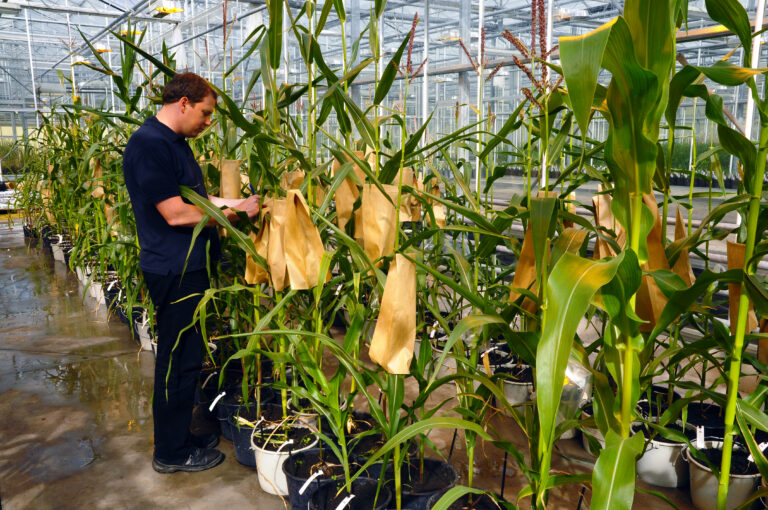
MISSION
The Centre for Agricultural Research (ATK) intends to keep up its leading role among Hungarian agricultural research institutions due to its special position based on relevant research activities. At the same time, with its cultivars and patents it provides biological base for the arable land in Hungarian agriculture, having significant influence on the crop production sector. Compared to other European countries it provides a relevant base for agricultural sciences.
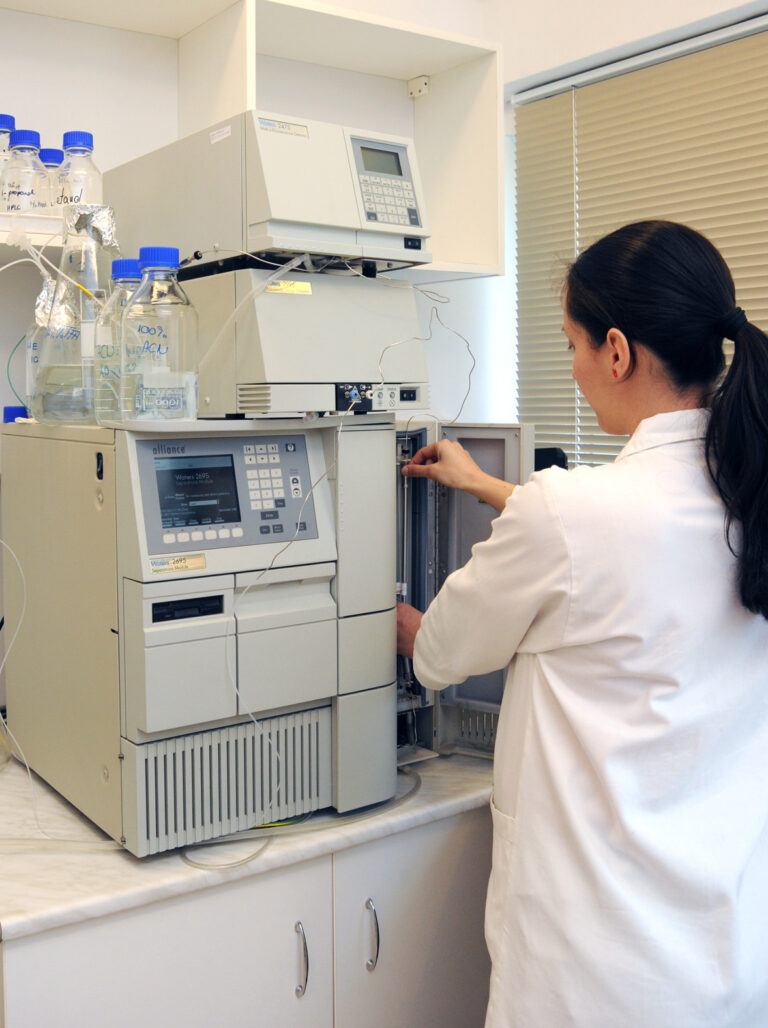
VISION
In the near future, in addition to the current research capacity, a unique research center, the Centre for Agricultural Innovation (AIC) will be implemented in Martonvásár. Its human resources are based on the academic staff of ATK, inviting researchers of approximately 200 people from the Agricultural Institute, the Institute of Plant Protection (NÖVI) and the Institute of Soil Sciences (TAKI). The operation of the AIC is provided by a recently constructed research block housing NÖVI and TAKI. Due to the multidisciplinarity of the three interdependent disciplines (soil sciences, plant protection, plant breeding/agrotechnics), it will provide a better response to the problems of parties working in agriculture. The rising improvement in research infrastructure, especially the up-to-date instrument platforms, is a major scientific attraction. Due to their uniqueness, they support national and international cooperation. In the new phenotyping platform, plant nutrition and breeding research can be carried out more efficiently than ever before, generating significant K+F+I potential. All instrument platforms have been selected according to current scientific trends, ensuring the significant asset park of high value to be usable and available in the future. Their platforms are primarily designed to serve research tasks, however, any remaining time can be sold to industrial and administrative partners, contributing to the maintenance of the infrastructure.


